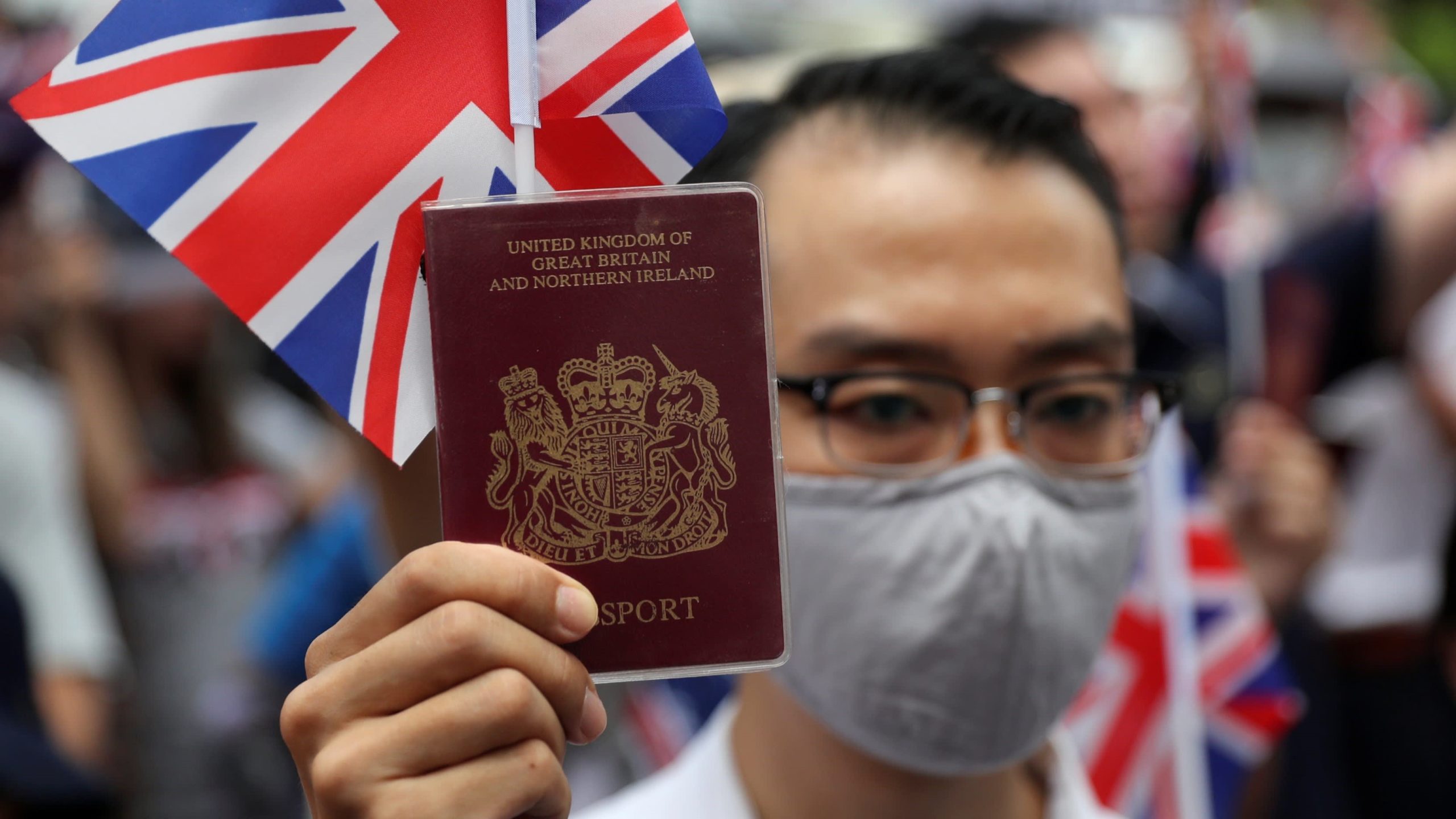The term “British national overseas” or BN(O) is an acronym for “British national overseas.” This passport category was first associated with the former colony of Hong Kong. However, today, British nationals from other countries can apply for the same visa if they meet certain requirements. For instance, BN(O)s must prove they can support themselves and any dependants for the first six months of their stay in the UK.
BN(O) passports are no longer valid in Mainland China and Macau
Currently, the Chinese government has stopped recognising British national overseas (BNO) passports as valid documents. As a result, BN(O) passport holders can no longer apply for Hong Kong SAR passports or Mainland Travel Permits. Before, they could obtain China visas as well. However, this situation may change in the near future. For now, British passport holders are advised to consider other options.
In order to apply for an oath, foreign nationals must either give up their previous citizenship, or become “Hong Kong Residents” (i.e., a permanent resident of Hong Kong). They also need to provide an affidavit stating that they have no travel documents and no intention of leaving the country. Additionally, they need to submit a certificate of non-household registration in Mainland China from an organization trusted by the Straits Exchange Foundation.
A recent example of the issue is the case of five Hong Kong booksellers, who went missing in late 2015 and reappeared in mainland China. They included British citizen Lee Bo and Swedish citizen Gui Minhai. Lee was later found alive, having been detained in Shenzhen for months. During this time, his family was in Hong Kong, and he had sought consular protection from Canadian diplomats.
BN(O)s must demonstrate they can financially support themselves and any dependants for the first six months of their time in the UK
To apply for a BN(O) visa, a British national living overseas must show that they can financially support themselves and any dependant children for the first six months of their time in Britain. There are certain exceptions, however, and the BN(O) applicant must show that they are able to support themselves and their dependants for at least six months. The BN(O) status holder may also bring a spouse and children to the UK.
BNOs must also prove they can financially support themselves and any dependents for at least six months during their stay in the UK. To obtain a BN(O) visa, a BNO must be able to show that they can support themselves and any dependants for the first six months of their stay in the UK.
BN(O)s can come to the UK with their close family members
There are several ways in which British nationals living overseas can come to the UK with their families, and this article will give you the basics of each according to immigration solicitors in London. A BNO visa enables you to apply for higher education in the UK and to access the NHS. It is important to note that BNOs will not be entitled to any social welfare benefits in the UK. You can also bring your children with you, but you will not be able to work or access certain benefits.
If you are a British national living overseas with your family, you can visit the UK for five years and then apply for settlement or indefinite leave to remain. After five years, you can apply for British citizenship and bring your family members with you. In order to apply, you must be a British national, or be related to one. A British national overseas will normally be the primary applicant.
BN(O) status cannot be passed through jus sanguinis to children of current BN(O)s
The BN(O) visa has two broad categories, depending on the citizenship of the applicant. The first category is the “household member” visa. It is available to adult children, dependent partners, and minor children of current BN(O)s. A BN(O) household member must be living in the same household as the BN(O) citizen.
To become a BN(O), a person must be a citizen of the BN(O) country. It cannot be passed through jus sanguinis to children of current BN(O)s. The BN(O) status is valid for life and cannot be passed through jus sanguinis to children.
Citizenship can be acquired by birthright or by legal ancestry. For example, a child born in the United States is a natural-born citizen of the country where the child’s parents were born. It cannot be transferred through jus sanguinis to the children of current BN(O)s. Alternatively, the child of a BN(O) may be a natural-born citizen of the country in which the parent was born.
Read More:









